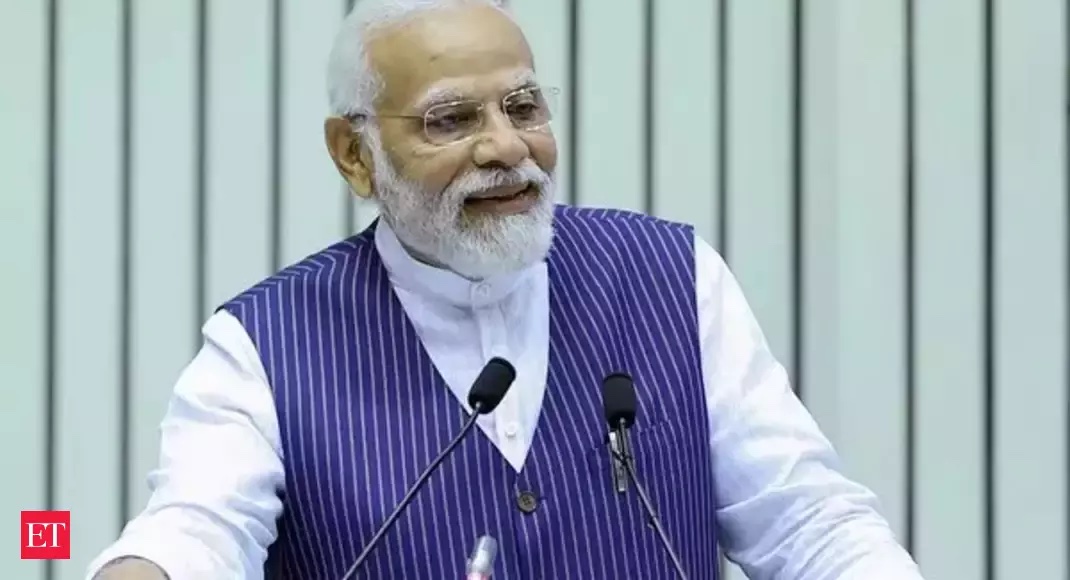
India Deepens Regional Ties as BIMSTEC Trade Surpasses $44 Billion » Capital News
April 21 – The Bay of Bengal Initiative for Multi-Sectoral Technical and Economic Cooperation (BIMSTEC), a regional grouping founded in 1997, comprises seven nations—Bangladesh, Bhutan, India, Myanmar, Nepal, Sri Lanka, and Thailand—linked by the Bay of Bengal. Together, they serve as a natural bridge between South and Southeast Asia, collaborating across diverse sectors including trade, energy, connectivity, environment, public health, and counter-terrorism.
In the 2023–24 fiscal year, intra-BIMSTEC trade crossed USD 44 billion, reflecting growing economic integration in a region that is home to over 1.6 billion people and boasts a combined GDP of approximately USD 5 trillion. For India, BIMSTEC has become a vital platform to expand its regional footprint, in line with its Act East and Neighbourhood First policies, and to strengthen its role in the Indo-Pacific.
India’s Rising Trade with BIMSTEC Partners
India’s trade with BIMSTEC nations has doubled over the past decade—from around USD 20 billion in 2014 to over USD 44 billion in 2023—driven by strategic policy alignment and growing connectivity.
This surge is largely attributed to India’s dual-pronged diplomatic approach: the Act East Policy and the Neighbourhood First Policy. These frameworks have fostered stronger ties through investments in transport corridors, port infrastructure, digital linkages, and trade facilitation measures. Streamlined customs, improved logistics, and enhanced regulatory coordination have also bolstered cross-border commerce.
India’s trade basket with the region has diversified significantly, expanding beyond traditional goods to include digital services, fintech, and renewable energy components. Bangladesh and Thailand have emerged as India’s leading trade partners within the bloc, while Nepal, Myanmar, and Sri Lanka continue to play crucial roles. Integration into global value chains has further strengthened these bilateral relationships.
PM Modi’s Push for a Unified Regional Vision
Prime Minister Narendra Modi’s visit to Bangkok in April 2025 for the 6th BIMSTEC Summit underscored India’s commitment to regional integration and leadership. The summit provided fresh momentum to efforts aimed at finalizing the long-delayed BIMSTEC Free Trade Agreement (FTA), seen as key to unlocking the bloc’s full economic potential.
During the summit, PM Modi held high-level meetings with leaders from Bangladesh, Thailand, and Sri Lanka, focusing on enhancing digital infrastructure, maritime connectivity, and climate-resilient trade systems. India also pledged new investments in clean energy and technological innovation, reinforcing its vision for a shared, sustainable future in the Bay of Bengal.
The visit highlighted India’s strategic intent to shape a more integrated and self-reliant regional order, while offering a counterweight to growing Chinese influence. As BIMSTEC moves forward, India’s leadership is expected to play a pivotal role in defining the region’s economic and geopolitical trajectory.